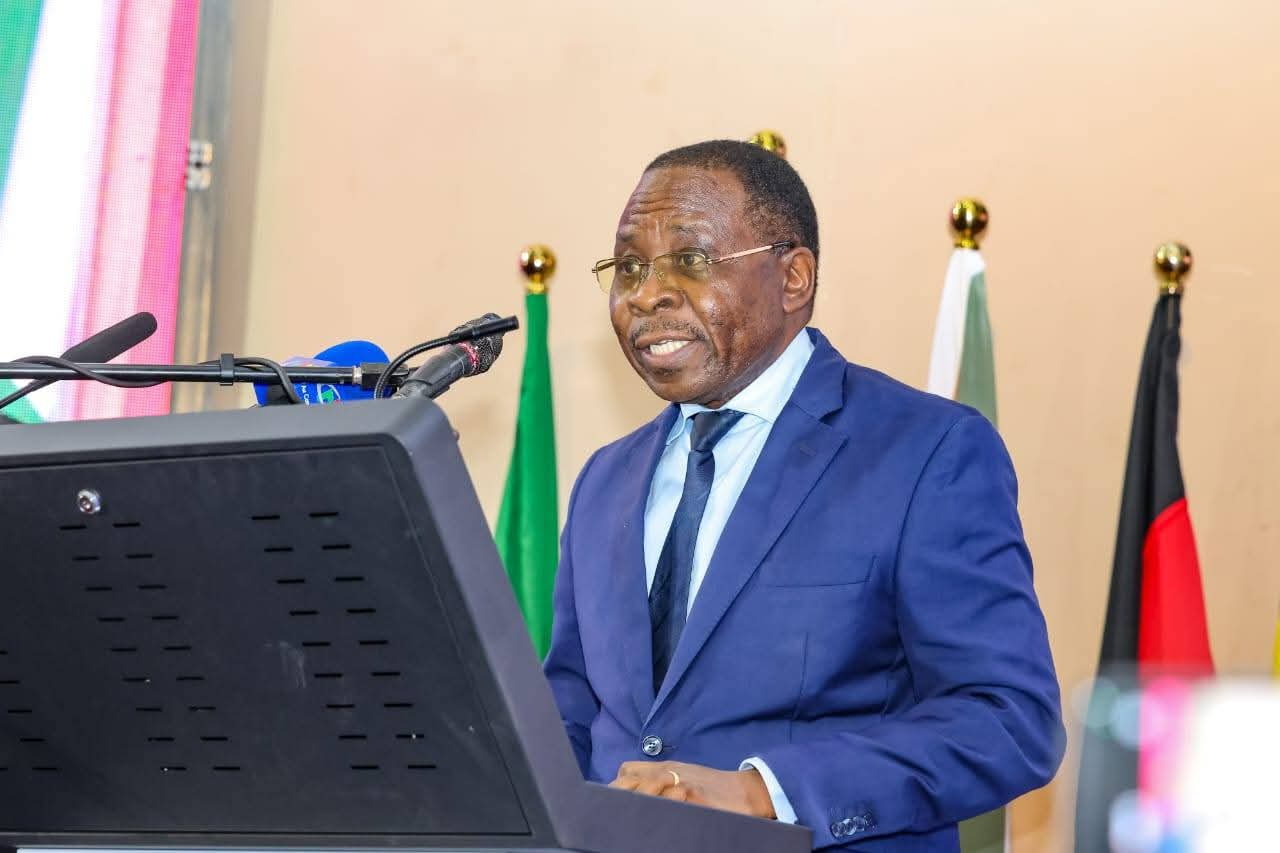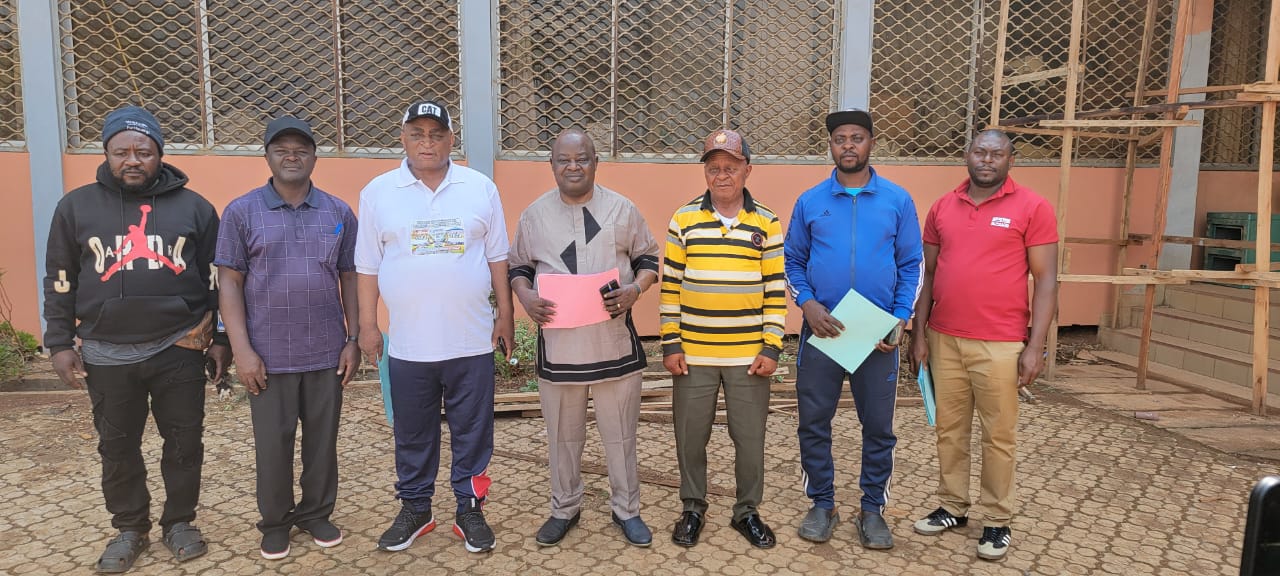The Global Surgery Advocacy Fellow and Public health researcher at the Nkafu Policy Institute, Reginai Sinsai emphasizes on tools to help road traffic victims and give more light to the universal health coverage system.
For many Cameroonians, access to timely and affordable surgical care remains a luxury, with the quality far from certain. The multifaceted deficiencies in the Cameroonian healthcare system, which reflect the reality in many low- and middle-income countries (LMIC), contribute to the palpable equity gaps in accessing surgical care among various demographic groups and communities. In addition, several factors contribute to limiting equitable access to surgical services in Cameroon, especially deep rooted cultural and religious beliefs, inadequate infrastructure at health facilities, a lack of essential equipment and supplies, and very low salaries for health care workers.
The increased incidence of health emergencies such as road traffic accidents (RTAs) that may require surgical intervention exposes the inadequacies in the healthcare system even more, with potentially negative consequences for patients. In such emergent situations, adequate access to universal health coverage and other insurance schemes can be the only guarantors of access to required critical care.
Without such financial protection schemes, patients with limited financial resources and in dire medical need are forced to raise exorbitant out-of-pocket payments, which delay and often completely restrict their access to critical treatments. We see this with the ever-expanding population of motorbike riders in Cameroon and the increasing incidence of road traffic accidents requiring surgical interventions, which significantly contributes to the overall burden of injuries. The World Health Organization (WHO) estimates that over 16,500 accidents occur each year in Cameroon, resulting in over 6,000 deaths [mand leaving thousands physically, mentally, and financially disabled.
Universal health coverage that includes emergency surgical care would greatly reduce the number of deaths. Currently, only a small proportion of Cameroonians have access to health insurance, and many are unaware of its existence. With less than 2% of the population insured, the financial burden can be overwhelming. In April 2023, the Cameroon Ministry of Public Health announced a significant milestone by launching Phase 1 of the Universal Health Coverage, which is currently being implemented in five (5) of the country’s ten (10) regions. The main beneficiaries include pregnant women, children under 5 years of age, HIV-infected patients, and individuals with renal insufficiency. Unfortunately, only one of the current qualifying conditions has a subsidized surgical treatment option. In the packages for pregnant women, instead of paying over 80,000 FCFA for a cesarean section, beneficiaries will pay a staggering 42,000 FCFA, which may be considered affordable in major cities and larger towns but is quite expensive in rural and remote regions such as the Far North Region, one of the poorest regions in the country.
Other surgical care components remain neglected in Cameroon’s UHC packages. This contributes to community members seeking surgical services from traditional healers or alternative medicine, which can sometimes aggravate the situation with infections or more serious complications.
The catastrophic nature of surgical emergencies resulting from road traffic accidents makes this group of emergencies one of the most important for inclusion in the universal health coverage plan. More effort is needed by diverse stakeholders, including transport syndicates, administrators, policymakers, and healthcare workers, to advocate for timely and free access to basic surgical care for victims of road traffic accidents. The Cameroonian government still faces many challenges in meeting the commitments of the 2001 Abuja Declaration, which called for African Union member states to commit at least 15% of the annual state budget to the health sector. Meeting this commitment, or even taking significant steps in this direction, will significantly increase access to care for vulnerable groups, such as victims of road traffic accidents requiring emergent surgical care.




